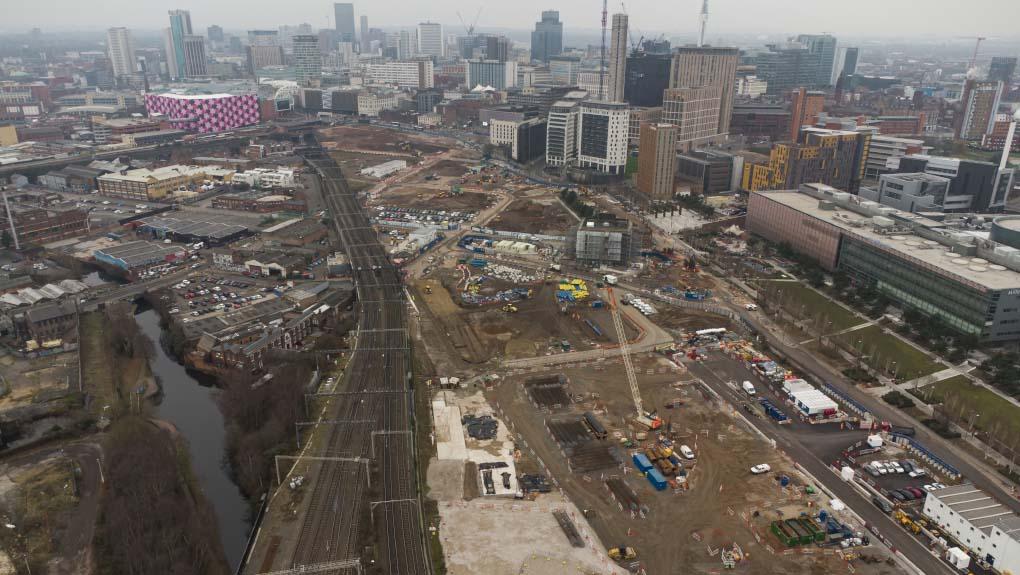11 August 2022

The Office of Rail and Road (ORR) will allow the infrastructure manager of Phase One of High Speed 2 (HS2 Phase One) to levy an Investment Recovery Charge (IRC) on future rail users of the network, the regulator has announced today. The amount and nature of the charge will be subject to future assessment.
Cover Image
Image

Body
Components
ORR’s decision is set out in a report, published today, and is based on evidence demonstrating that the legal requirements are met in principle for the HS2 Phase One charging framework to include the recovery of the project’s long-term costs.
This decision, which comes after a public consultation that closed on 13 May 2022, forms only part of ORR’s determination of the charging framework for HS2. The full charging framework will be finalised and assessed nearer the start of operations.
Notes to Editors
- Investment Recovery Charge for Phase One of HS2.
- HS2 is a major rail infrastructure project comprising the construction of a high-speed rail line. The High Speed Rail (London-West Midlands) Act 2017 that authorised Phase One of HS2 was granted Royal Assent in 2018. The Government authorised the main construction work in April 2020 (Notice to Proceed). The delivery into service of HS2 Phase One was scheduled to happen between 2029 and 2033.3
- ORR’s engagement with the HS2 project will address how the project is designed to deliver safety in operation, as well as working to ensure integration into the UK rail network. ORR has consulted and set out in its regulatory statement how it proposes to take into account the future operation of HS2 when making decisions about access to the existing network.
- An investment recovery charge (IRC) is an exceptional charge that Infrastructure Managers (IM) can levy in some circumstances. The purpose of levying an IRC is to enable an IM to recover some, or all, of the long-term costs of a specific investment project (e.g. new railway infrastructure). This allows the IM to set higher charges than direct costs on the basis of the long-term costs of the project. As such, the ability to charge an IRC is an exception to the general principle that charges are based on the cost directly incurred as a result of operating a train service.
- The ability to levy an IRC is subject to a three-criteria test set out in the Railways (Access, Management and Licensing of Railway Undertakings) Regulations 2016 (the Regulations). The burden of proof is on the IM to demonstrate that the project meets the following criteria: a. it must be a specific investment project completed since 1988; or following the coming into force of the Regulations; b. it increases efficiency, or cost-effectiveness; and c. the project must be one that could not otherwise have been undertaken without the prospect of such higher charges.
- The detail of the four responses received to the consultation are on the ORR website.

